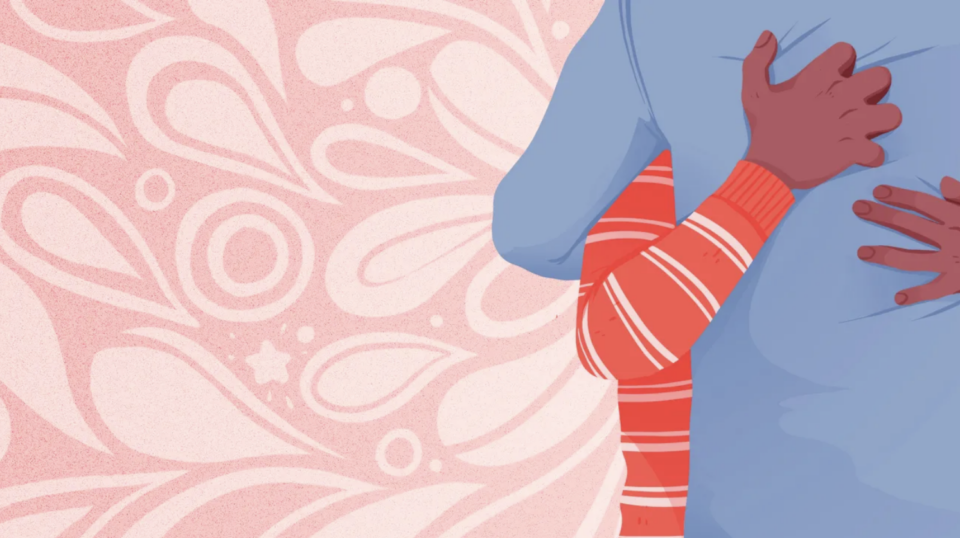“I’m a hugger!” Someone who just met you might say. They open their arms wide and take you in. Some of us like this, some of us don’t. But whichever side you’re on, it’s true that hugging is an amazing human gesture that tells someone, “I deeply value you!”
We all know that babies and toddlers love being held and snuggled and that kangaroo and skin-to-skin care for newborns is essential. Hugs may be a teenage girl’s way of saying hello to all of her friends. But why are hugs so important through the growing up years of our kids and should we be more aware of their power? That answer is actually a fast, “Yes!”
Hugs release oxytocin (the “love hormone”), and there’s even evidence suggesting that hugs can decrease blood pressure, reduce illnesses and help people recover from conflicts. Hugs also release:
- Dopamine: The pleasure hormone that makes an individual feel good.
- Serotonin: The antidepressant hormone that elevates mood, controls anxiety and reduces feelings of loneliness.
- Hugs decrease cortisol (stress) levels. And the time length of a hug matters, too:
Reknowned late family therapist and author Virginia Satir once said,
“We need four hugs a day for survival. We need 8 hugs a day for maintenance. We need 12 hugs a day for growth.”
While that may sound like a lot of hugs, it seems that many hugs are better than not enough.
Hugs Are Important to All
One of the best ways to express warmth to your kids is through hugs, science says. Gretchen Rubin, author of The Happiness Project found evidence that hug magic begins to work at about six seconds. Even one daily embrace can elevate your child’s mood.
According to author and researcher Dr. Sara Gottfried, you need to give or get eight hugs every day in order to benefit from the oxytocin that hugs can produce fully.
“Fifty-six seconds is equal to eight daily hugs at seven seconds each.”
That means you can improve your own mood and your child’s in just a few seconds each day. As a general rule, younger children generally seek more hugs than older kids, but it can range with each child and depends on their comfort level with physical affection.
Embracing your child has benefits that will last beyond their early years. Hugs create emotional bonds that serve as the basis for affection in long-term partnerships and general well-being.
20 Seconds is All You Need
In one hugging study, almost 200 people (partners in couples that were living together) were given the stressful task of public speaking. But before the task, half the group had the benefit of a 20-second hug from their partner, while the other half just rested quietly on their own. Both men and women in the hugging group showed lower stress levels: Having a supportive partner hug them for 20 seconds actually decreased stress.
Imagine what you can do for your kids? Hug on!





